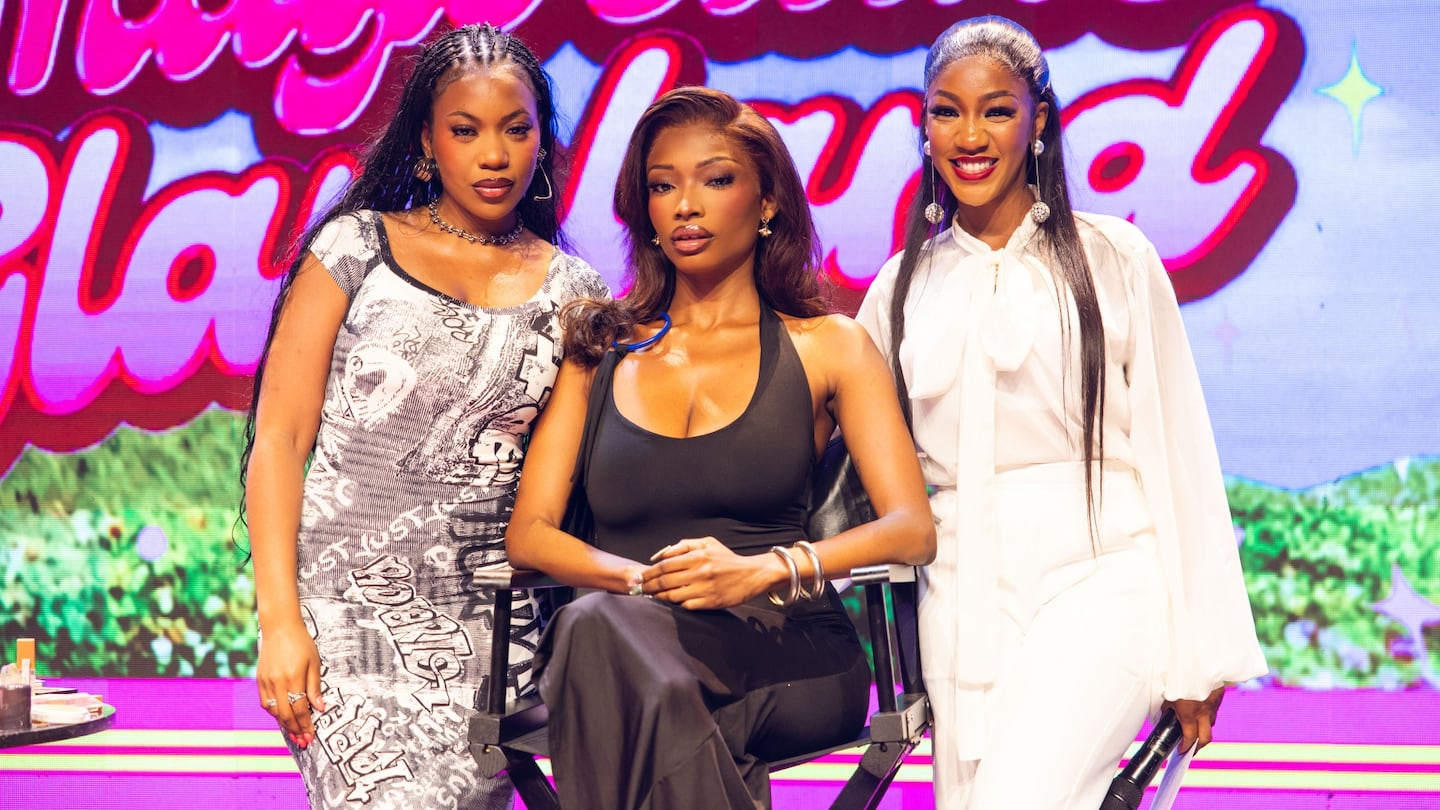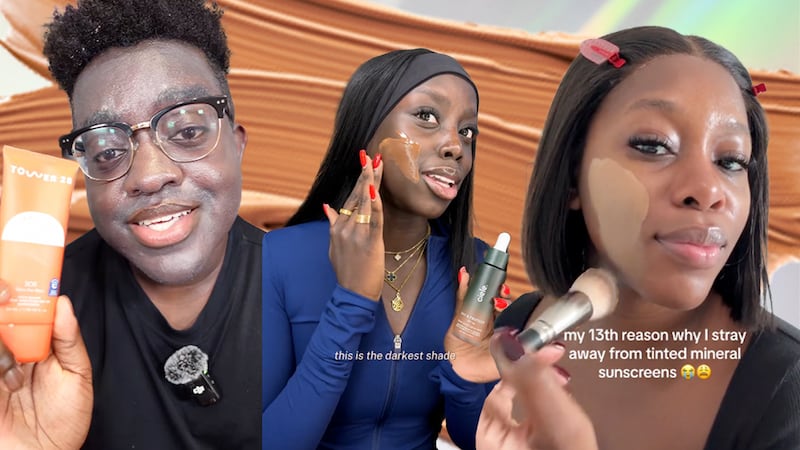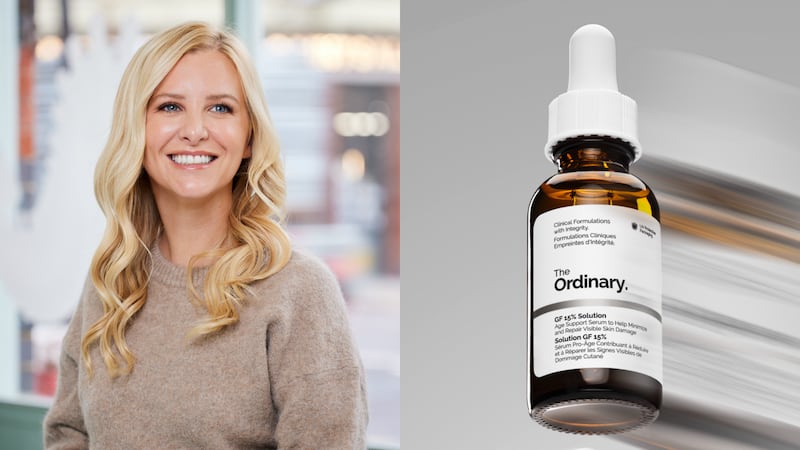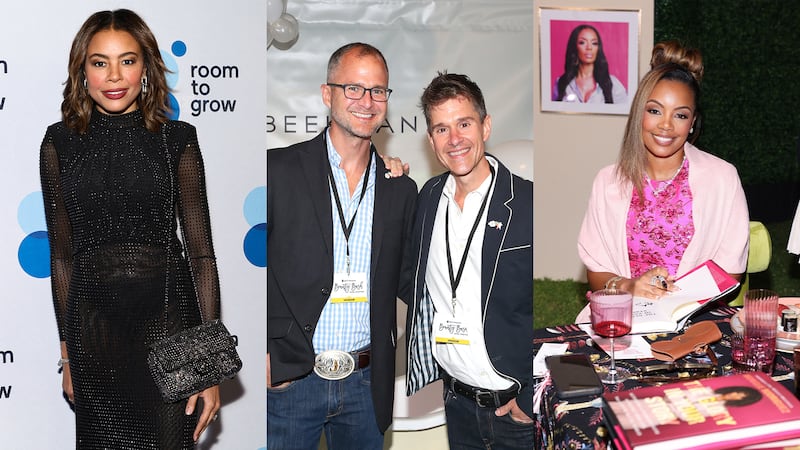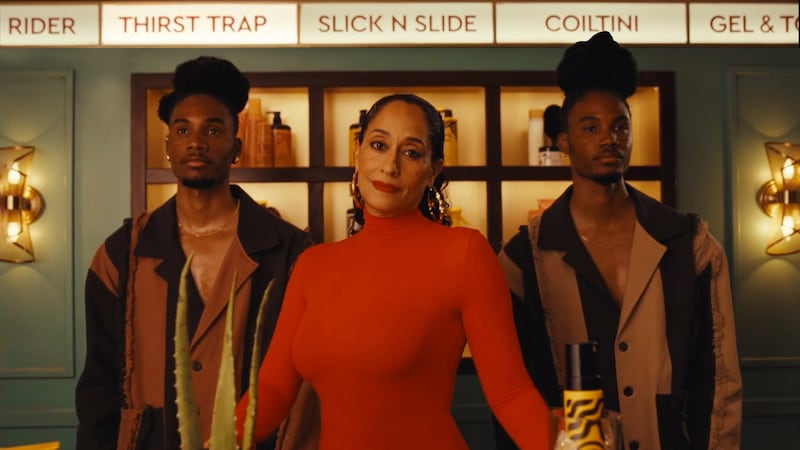Agenda-setting intelligence, analysis and advice for the global fashion community.
The beauty marketing event du jour in Africa blends education, discovery and play – across the continent, masterclasses are in high demand. They’ve become a powerful sales channel, allowing global and local brands to tap into the power of professional ambassadors to establish their authority.
In June, L’Oréal-owned drugstore beauty brand Maybelline held its first beauty convention, called Glamland, in Lagos, Nigeria. Over 500 makeup artists, influencers and beauty enthusiasts attended the event, gaining access to masterclasses led by popular local makeup artist Bimpe Onakoya and British-Jamaican artist Mikai McDermott. The buzzy event also featured panel discussions, experience booths and live DJ sets. Kylie Cosmetics recently held a masterclass at Arc Store, a popular beauty retailer with stores across South Africa, while also in June, Fenty Beauty hosted a masterclass at Edgars, another popular beauty retailer in the country.
Consumers in emerging markets like Africa are not frequently exposed to buzzy beauty activations, McDermott said. This was an opportunity to bridge the gap between international influencers and Nigerian consumers. “They want to learn from people that they’re seeing on TikTok, who feel so distant [geographically].”
Rekia Edu, regional marketing and brand experience lead at L’Oréal Sub-Saharan Africa said the brand decided to use Glamland as a way to engage and partner with local makeup artists, marking a shift from a consumer-first strategy to a pro-led one.
ADVERTISEMENT
“We realised we had never focused on the professionals in the industry,” she said. “We always focus on consumers and influencers and create the strategy around what consumers want and what influencers are interested in.”
Despite many African countries experiencing socioeconomic challenges and political turmoil, the continent’s youthful population, rising middle class population and increasing appetite for international brands are attracting new players into the market.
Experience-driven events have the most impact on consumers and influential figures in the industry.
“Masterclasses offer something beyond social media tutorials; they’re immersive, practical, and deeply aspirational,” Onakoya said.
A Class to Remember
The popularity of beauty masterclasses means brands have to create an activation that stands out from its competitors, whilst hitting all the usual boxes: entertainment, education and connectivity.
Let those with influence lead the consensus. In Nigeria, that’s makeup artists. There has been a drop in trust between influencers and their audiences, Edu said, noting that this decline is happening across the continent, and has led the brand to work with professional makeup artists, who are considered a trusted voice in the beauty industry.
In a bid to inject new energy into a traditional format, brands are also enlisting the help of international names. Maybelline flew artist Mikai McDermott, who has over 300,000 followers across TikTok and Instagram for her beauty-led content, to Lagos to host her own makeup masterclass. The session garnered a full house of 500 guests and had an immediate impact on sales. According to the brand, Maybelline’s Sunkisser blush and Lifter gloss were among the bestselling products of the day. Last year, L’Oréal Paris held a similar convention in South Africa and invited beauty expert and influencer Uche Natori to host a masterclass for consumers.
For McDermott, this was an opportunity to connect with her audience in Nigeria. “My audience statistics are very global,” she said. “I want my work to resonate more closely with how global my audience is.” McDermott was able to showcase a different style of makeup than what many Lagosians are used to, she added, as well as tailor her session to suit the hot and humid climate – for example, double priming and lots of setting powder.
ADVERTISEMENT
Consumers in emerging markets like Africa are not frequently exposed to buzzy beauty activations, McDermott said. This was an opportunity to bridge the gap between international influencers and Nigerian consumers. “They want to learn from people that they’re seeing on TikTok, who feel so distant [geographically].”
The Sales Channel
A smart masterclass has a clear purchase path. Maybelline teamed up with Beauty Hut Africa, a cult Nigerian retailer, to allow consumers to shop products online and in-store.
“In the African market, brands don’t have a relationship with consumers in the same way that they do in the UK or the US,” said Beauty Hut Africa founder Subuola Oyeleye, adding that there are limited touch points and distribution channels for consumers to purchase products, forcing brands to focus on their customer acquisition strategy. “These brands are trying to find their consumers [in Nigeria], and they won’t find these consumers if they’re not working with a retail partner.”
That means consumers shouldn’t be excluded from marketing events, Oyeleye said. Glamland was originally intended for makeup artists, but later opened up to beauty enthusiasts due to popular demand. A limited number of consumers who spent 20,000 naira ($13) on Maybelline products at Beauty Hut gained entry into the exclusive event.
Makeup artists are also seen as a sales channel for brands in Nigeria. As part of Maybelline’s beauty convention, makeup artists had the opportunity to join the brand’s loyalty programme, a B2B initiative that would allow makeup artists to purchase exclusive, discounted products, which they can then use on or sell directly to their clients.
Global brands are tasked with ensuring their activations not only provide consumers with access but also education on how best to use their products. By working with leading influential figures and retailers, such as makeup artists, brands can create multiple touchpoints for consumers beyond the activation.
“Consumers want more from influencers, and they also want more from brands,” said McDermott. “They’re more interested in what value they can get, not just buying lipstick or lip gloss.”
Sign up to The Business of Beauty newsletter, your complimentary, must-read source for the day’s most important beauty and wellness news and analysis.
